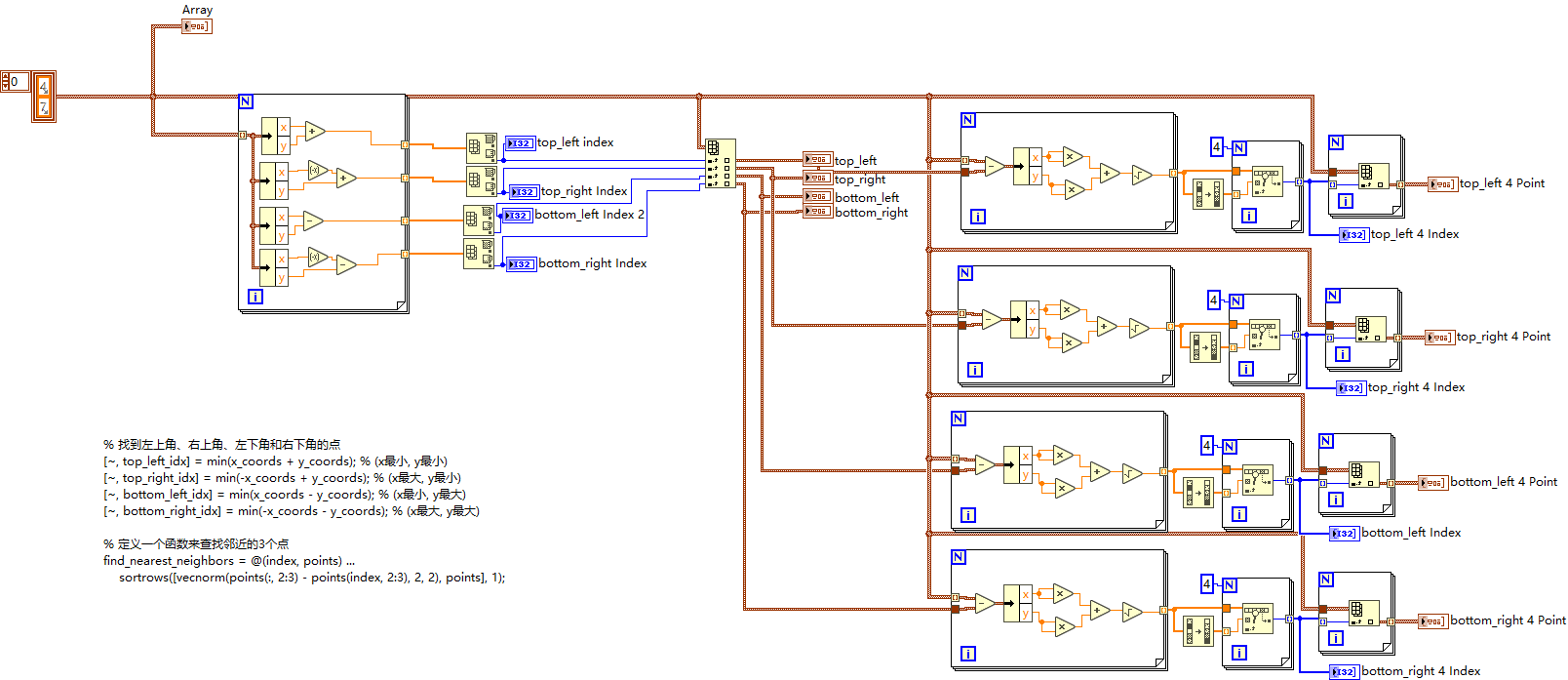文章目录
- 前言
- 1.什么是集合?
- 2.非泛型集合(了解即可)
- 2.1常见的非泛型集合
- 3.泛型的概念
- 4.常用的泛型集合
- 5. 自定义泛型类和方法
- 5.1 自定义泛型类
- 5.2 自定义泛型方法
前言
C# 中,集合(Collection)是一组有序的数据结构,用于存储和管理一组对象。泛型(Generics)则是 .NET Framework 中一个强大且灵活的功能,它允许我们创建类型安全且高效的集合。本篇文章将详细介绍 C# 中的集合类型、泛型的使用以及如何结合两者高效管理数据。
1.什么是集合?
集合是一组可以存储、管理多个数据的对象容器。集合与数组类似,但集合的容量可以动态调整,不必在声明时指定长度。C# 中的集合分为两种类型:
- 非泛型集合:如 ArrayList、Hashtable,可以存储不同类型的数据,但缺乏类型安全性,需进行频繁的类型转换。
- 泛型集合:如 List、Dictionary<TKey, TValue>,只能存储指定类型的数据,提供了更好的性能和类型安全性。
2.非泛型集合(了解即可)
早期的集合类位于 System.Collections 命名空间中,包括 ArrayList、Hashtable 等。非泛型集合由于可以存储不同类型的数据,灵活性较强,但在存储和取出数据时需进行类型转换,且缺乏编译时类型检查,容易出现类型不匹配的错误。
2.1常见的非泛型集合
- ArrayList:类似数组,但大小可动态调整,存储任何类型的数据。
- Hashtable:键值对的集合,键和值均可为任意类型。
示例:使用 ArrayList 和 Hashtable
using System;
using System.Collections;class NonGenericCollections
{static void Main(){// ArrayList 示例ArrayList arrayList = new ArrayList();arrayList.Add(1);arrayList.Add("Hello");arrayList.Add(3.14);foreach (var item in arrayList){Console.WriteLine(item); // 输出:1, Hello, 3.14}// Hashtable 示例Hashtable hashtable = new Hashtable();hashtable["name"] = "Alice";hashtable["age"] = 25;foreach (DictionaryEntry entry in hashtable){Console.WriteLine($"{entry.Key}: {entry.Value}");}}
}3.泛型的概念
泛型(Generics)允许我们在创建类、接口或方法时定义一个或多个类型参数(通常用 表示),并在使用时指定具体的类型。这种机制在运行时提供类型安全检查,避免了频繁的类型转换。
泛型的优点
- 类型安全:在编译时检查类型一致性,避免类型错误。
- 性能提升:减少装箱(boxing)和拆箱(unboxing),提高效率。
- 可读性和可维护性:代码更清晰、直观,不需要强制类型转换。
4.常用的泛型集合
C# 中常用的泛型集合类位于 System.Collections.Generic 命名空间中。以下是一些常用的泛型集合类:
4.1 List < T > <T> <T>
L i s t < T > List<T> List<T> 是一种动态数组,可根据需要动态调整大小。List 提供了便捷的方法来操作列表中的元素,如添加、删除、排序、搜索等。
using System;
using System.Collections.Generic;class ListExample
{static void Main(){List<int> numbers = new List<int> { 1, 2, 3 };numbers.Add(4);numbers.Remove(2);foreach (int number in numbers){Console.WriteLine(number); // 输出:1, 3, 4}// 检查列表中是否包含某个元素bool containsThree = numbers.Contains(3); // trueConsole.WriteLine("包含3吗?" + containsThree);}
}4.2 Dictionary<TKey, TValue>
Dictionary<TKey, TValue> 是一种键值对集合,允许通过键快速访问对应的值。键在字典中是唯一的,但值可以重复。
using System;
using System.Collections.Generic;class DictionaryExample
{static void Main(){Dictionary<string, int> ages = new Dictionary<string, int>{{ "Alice", 25 },{ "Bob", 30 }};ages["Charlie"] = 35;foreach (var pair in ages){Console.WriteLine($"{pair.Key}: {pair.Value}");}// 检查是否存在特定键if (ages.ContainsKey("Alice")){Console.WriteLine("Alice的年龄是: " + ages["Alice"]);}}
}4.3 Queue < T > <T> <T>
Q u e u e < T > Queue<T> Queue<T> 是一个先进先出(FIFO)的集合。适合用在需要按顺序处理任务的场景,例如任务队列。
using System;
using System.Collections.Generic;class QueueExample
{static void Main(){Queue<string> queue = new Queue<string>();queue.Enqueue("Task1");queue.Enqueue("Task2");while (queue.Count > 0){string task = queue.Dequeue();Console.WriteLine("处理: " + task);}}
}4.4 S t a c k < T > Stack<T> Stack<T>
S t a c k < T > Stack<T> Stack<T> 是一个后进先出(LIFO)的集合。适合用于临时存储数据或实现特定算法(如递归)。
using System;
using System.Collections.Generic;class StackExample
{static void Main(){Stack<string> stack = new Stack<string>();stack.Push("Page1");stack.Push("Page2");while (stack.Count > 0){string page = stack.Pop();Console.WriteLine("返回: " + page);}}
}4.5 H a s h S e t < T > HashSet<T> HashSet<T>
H a s h S e t < T > HashSet<T> HashSet<T> 是一个无序集合,用于存储唯一值。适合用于需要唯一元素的场景,如不重复数据的集合。
using System;
using System.Collections.Generic;class HashSetExample
{static void Main(){HashSet<int> set = new HashSet<int> { 1, 2, 3 };set.Add(3); // 重复添加将被忽略set.Add(4);foreach (int item in set){Console.WriteLine(item); // 输出:1, 2, 3, 4}}
}5. 自定义泛型类和方法
5.1 自定义泛型类
可以创建自己的泛型类,使其在不同的数据类型上复用。以下是一个简单的泛型栈实现:
using System;class GenericStack<T>
{private T[] elements;private int index = 0;public GenericStack(int size){elements = new T[size];}public void Push(T item){elements[index++] = item;}public T Pop(){return elements[--index];}
}class Program
{static void Main(){GenericStack<int> stack = new GenericStack<int>(5);stack.Push(1);stack.Push(2);Console.WriteLine(stack.Pop()); // 输出:2}
}5.2 自定义泛型方法
泛型方法允许在方法中定义类型参数,使用方式和泛型类类似。以下是一个交换两个变量值的泛型方法示例:
using System;class Program
{static void Swap<T>(ref T a, ref T b){T temp = a;a = b;b = temp;}static void Main(){int x = 10, y = 20;Swap(ref x, ref y);Console.WriteLine($"x = {x}, y = {y}"); // 输出:x = 20, y = 10}
}


















